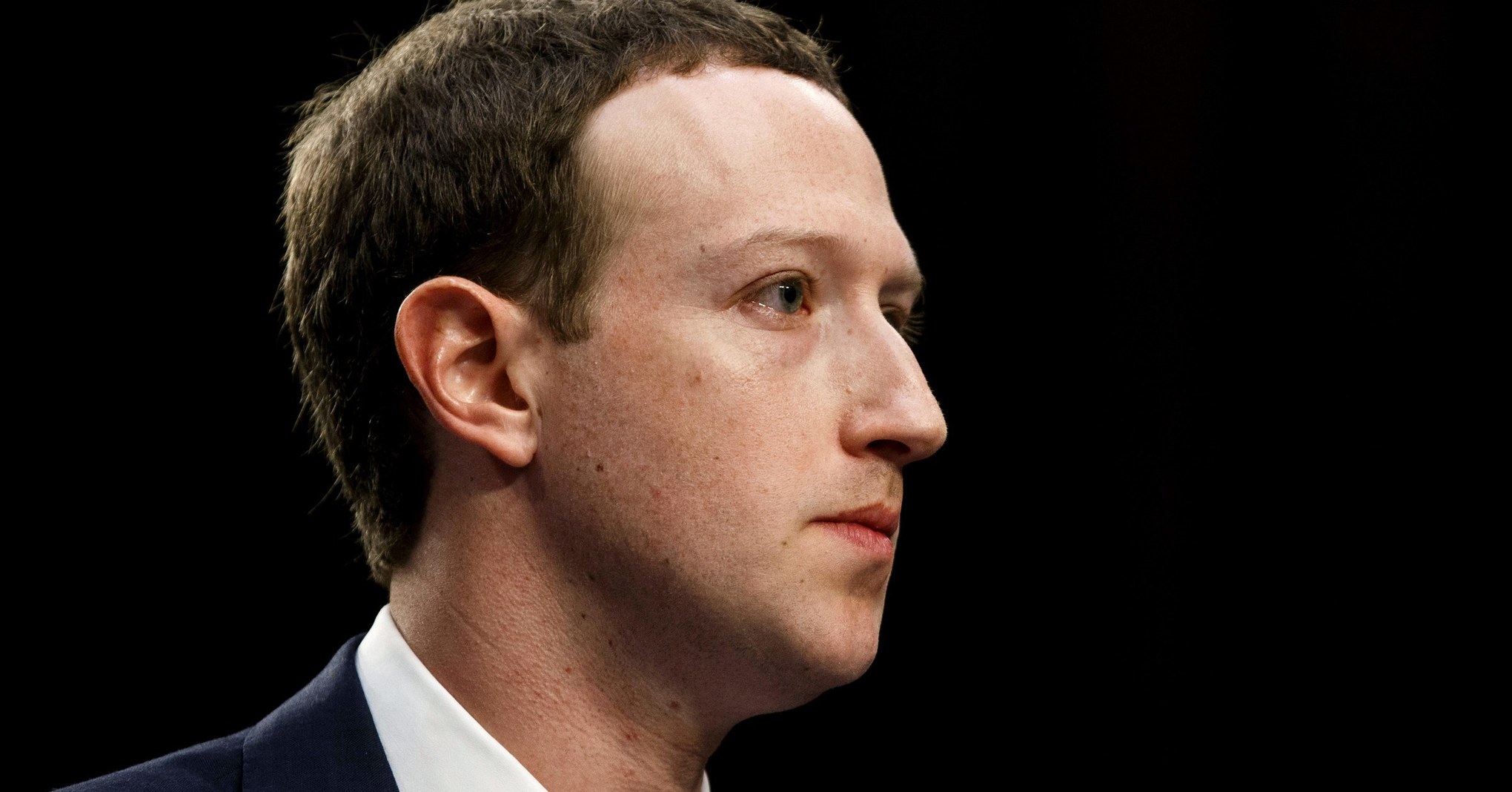Zuckerberg listed six privacy principles, but there was one glaring omission: He said nothing about how Facebook plans to approach data sharing and ad targeting in this privacy-focused future. The free flow of data between Facebook and third-party developers is, after all, the issue that caused the jaws of the national media to snap onto the company’s leg. One year ago this month, news broke that a man named Aleksandr Kogan had misappropriated the data of tens of millions of users and sent it to a shady political consulting firm called Cambridge Analytica. It soon became clear that Cambridge Analytica was not alone and that Facebook had allowed thousands of developers to collect data for years.
The company’s loose policies on data collection over the years are also what allowed it to build one of the most successful advertising businesses in history. All the data the company collects helps advertisers segment and target people. And it’s the relentless pursuit of that data that has led to Facebook being accused of making inappropriate deals for data with device manufacturers and software partners. This is a history that Zuckerberg knows well, and one that he acknowledged in his post. “I understand that many people don’t think Facebook can or would even want to build this kind of privacy-focused platform—because frankly we don’t currently have a strong reputation for building privacy protective services,” he wrote.
The changes Zuckerberg announced Wednesday will improve privacy for Facebook’s 2.3 billion monthly users. End-to-end encryption can be, as Zuckerberg notes, crucial to physical safety. It’s not a good idea to have servers in Venezuela or Syria. Facebook shouldn’t be allowed to keep user data forever. Privacy advocates have long called for these fixes, and it’s to Zuckerberg’s credit that he has said he plans to address them. And it’s to his credit, too, that he has hired experts who know all about them.
The move should also please the regulators that have been circling Facebook like lions around a pack of gazelles. In January of 2020, a sweeping privacy law in California is set to go into effect. Meanwhile, Congress has been holding hearings and working on federal privacy legislation that could soon give consumers more rights over their data and limit businesses’ unchecked ability to collect and use that data. The European Union has already implemented these changes through its General Data Protection Regulation. Zuckerberg, one former Facebook employee surmised to WIRED, is just trying to get out ahead of the cops. Another former Facebook employee pointed out on Twitter that this surely limits the company’s ambitions to expand into China.
But the question is what Facebook’s priorities are now. Privacy isn’t free. If you prioritize it, you are often forced to deprioritize other things. Zuckerberg acknowledges this in his post by pointing out that it’s harder to police systems that are encrypted end to end. Driving people to private, ephemeral messaging could also present new challenges for media outlets trying to gain distribution on the platform and might further balkanize news consumption on Facebook.
Ultimately, Zuckerberg doesn’t address the biggest trade-off: Are these changes compatible with Facebook’s fundamental business model, which relies on a steady supply of user data? If these changes are truly implemented, there will be a substantial business cost to bear. Until he fully answers that, Zuckerberg’s vision of privacy will be incomplete.
Sourced through Scoop.it from: www.wired.com



Leave A Comment